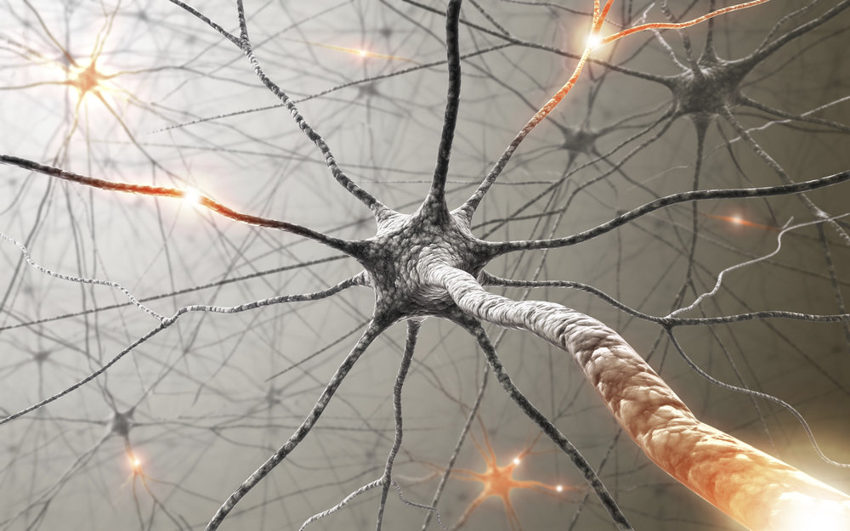
Improving your cognitive skills can make you more successful and happier. It can even make your relationships better and reduce your risk of dementia. So why not give these tips to improve your cognitive abilities a go?
Our cognitive abilities are not fixed. While some of our intelligence is down to our genes, much of it can be improved by good health care and continual learning. There are several simple but effective ways to improve your cognitive skills.
Many of these ideas are simple and make sense. It is quite obvious that our brains, like the rest of our bodies, will do best when we look after them properly. Good nutrition, sleep, and exercise are essential to brain function. There are also lots of things that put a strain on the brain such as alcohol, drugs, sugar, and other stimulants.
In addition, stress and depression can make it harder for the brain to function properly. Overall, if you want your brain to look after you then you need to look after it. Having said that, there are also lots of fun brain exercises that improve our cognitive skills, too.
Our brains rely on what we eat to give them all the nutrients they need to function. We may think the idea of fish as ‘brain food’ is an old wives tale but there is some truth in it. Fish is a low-fat source of protein and protein is something that our brains need lots of to function at their best.
Eating a well-balanced, healthy diet with only occasional treats is the best way to make sure your brain can perform at its best.
Even experts aren’t clear on exactly why we need sleep, though they know it has to do with cognition, repair functions, and memory. Sleep also allows the brain to clear out toxins.
Overall, sleep is vital and we cannot live without it. Without sufficient sleep, our cognitive function begins to decline quite dramatically. So make sure you get plenty of sleep and seek help if you have insomnia or struggle to get enough zzz’s.
Exercise is excellent for brain health and function. It can improve memory, mood, and cognitive function. By getting the blood flowing to the brain, exercise keeps it healthy. Exercise is also thought to reduce inflammation in the brain and stimulate the release of growth factors.
Exercise seems to be particularly important in reducing the risk of diseases like Alzheimer’s. A recent study found that those who were fitter had higher tissue density in the brain compared with less fit people. In addition, being in nature can reduce stress, so get your exercise in nature if you can.
Hobbies can help our brain function in a couple of ways. Firstly, they can be very relaxing, as we often become totally absorbed in them. This helps to reduce stress. Secondly, they often involve learning.
Whether you take up keeping chickens or playing the violin, you will need to learn new skills and this will develop your cognitive skills. As you learn new things, you will encourage your brain to make new connections and this will offset cell loss due to aging.
Puzzles and games keep our brains active and help them to make new connections. Spending some time doing crosswords or playing games can also reduce cognitive decline.
The most important thing is to do a variety of puzzles and play different games. This is because once your brain gets good at something, it doesn’t have to work as hard. Keep challenging your brain to make sure it keeps working and developing.
The social aspect of games can also help keep our brains active and is a significant factor in reducing age-related cognitive decline. Social interactions use a huge amount of brainpower, but they can also be enjoyable and relaxing, which is good for the brain, too.
Learning something new keeps your brain active and making new connections. You should aim for something that is difficult, but achievable as this will stretch your brain just the right amount. As soon as you get comfortable with a certain level of activity, it is time to take on a new challenge.
Learning a language can be a good place to start as it is useful and fun as well as hard work. If that is not for you, then choose whatever area of study inspires you and get a book or sign up for a course.
Studies have shown that people with high amounts of stress are likely to suffer more from cognitive problems than those who are more relaxed. While stress is a part of modern life that we cannot avoid, we can take steps to find balance in our lives and recover from stressful situations.
What reduces stress is highly subjective, so you might need to play around with a few practices before you find one that suits you. You could start with meditation, yoga, or relaxation as these have all been found to reduce stress.
Or you might like to do some exercise or practice a hobby. If you are very stressed and it is affecting your day-to-day functioning, then consider seeking professional help.
Our brains are so complicated that even neuroscientists don’t know exactly how they work. However, these 6 practices have been proven to keep our brains functioning at their best. In addition, they will reduce the risk of age-related cognitive problems such as dementia and Alzheimer’s.
References:
View Comments
Great article loved every bit of it
Thanks, this is a great article but I just hope that I can follow through...